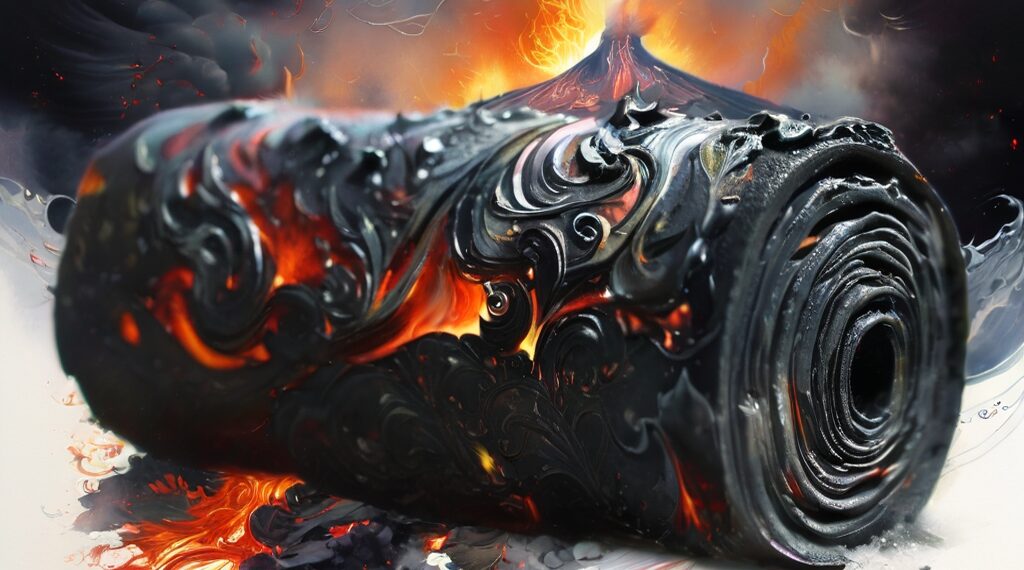The translation of an ancient Greek philosopher’s musings on pleasure from papyrus scrolls, buried by Mount Vesuvius’s eruption 2000 years ago, was completed with the assistance of AI. These findings met the Vesuvius Challenge criteria of deciphering more than 85% of characters in the scrolls and exceeded the 2024 goals, winning the $700,000 prize for AI team members – Youssef Nader, Luke Farritor and Julian Schilliger. The deciphered text reveals the thoughts of Philodemus, who was likely the philosopher-in-residence at the library that housed the scrolls. The text focuses on how the scarcity or abundance of food and other goods impacts the pleasure they deliver, and how the “scarcity of pleasure” was possibly a dig at the Stoic school of philosophy.
Laser and AI technologies were used to detect ink and decipher letter shapes within segments of scrolls. The winning team’s methods could pave the way for more discoveries from additional papyrus scrolls. Those winning digital analysis techniques are now being scaled up to decipher the remaining 800 scrolls; the cost is currently $100 per square centimeter. The ultimate quest is to decipher all various charred scrolls, including Epicurean philosophy, Stoic texts, ancient history, Latin literature, and the complete texts of authors, like Ennius or Livius Andronicus.
The whytry.ai article you just read is a brief synopsis; the original article can be found here: Read the Full Article…





